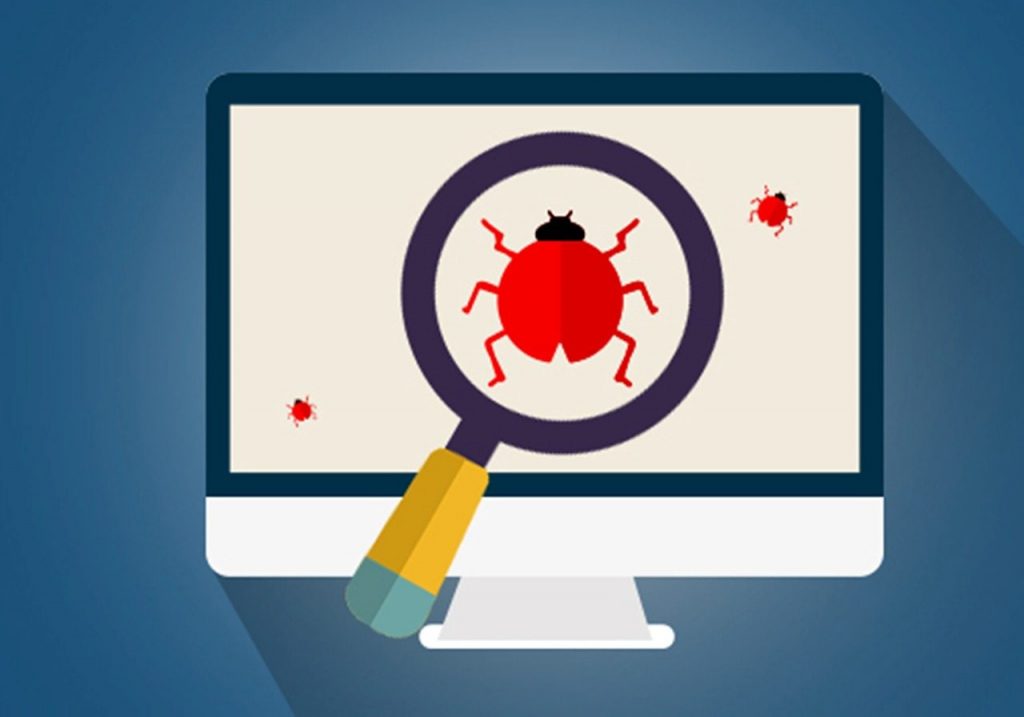If you have ever released an application too early, before all the major bugs were worked out, you know how frustrating it can be to deal with the aftermath. In fact, as noted by James Willett in a recent report, software testing is much harder than software development.
No developer writes perfect code, ever. It just doesn’t work that way. Testing is an integral component of any software development effort, and building testing time into each application development project is a must. Let me make that very clear: someone will be testing your software: if not you, then it will be your customers. Ask yourself if you want them to be the first ones to find bugs.
What Happens During Software Testing?
 First, you should be aware that it’s harder than you might think to find quality software testers these days. Too many candidates out there labor under the impression that software testing is an easy job. It’s not. One reason for this problem is that many recruiters and candidates place a priority on testing tools, rather than on developing core testing skills, according to Willett.
First, you should be aware that it’s harder than you might think to find quality software testers these days. Too many candidates out there labor under the impression that software testing is an easy job. It’s not. One reason for this problem is that many recruiters and candidates place a priority on testing tools, rather than on developing core testing skills, according to Willett.
A good tester needs more than just facility with testing tools (although that’s necessary too). They need to be able to think like users and how they might use the application, and then expand their thinking to imagine all the ways that a user can abuse the application by using it wrong. This is why developers make lousy testers, and should never be expected to test their own code thoroughly. They think about the code, how it works, how it attempts to achieve the developer’s own interpretation of what the application is supposed to do, and they test for just that.
“Failures introduced in the software can be rectified by testing the application to ensure that the product is working as expected, and meets all client’s requirements,” noted Shobika Ramasubbarayalu, a Quality Assurance Analyst at RBRO Solutions in a Linkedin article. “Quality and reliability of the software is very much important and should always be our first priority while testing the product functionality end-to-end.”
Good testers stay aware of what the stakeholders and end users require from the application, and how those people will respond to the application and how it works. A tester needs to make sure that each feature does what is intended, and also that the features do not do things that they are not intended to do. Testers must also experience the applications’ user interface from the user’s perspective (and not their own) to ensure that it is intuitive, makes sense, and is easy to use.
Then come higher-level issues like performance and interoperability. For example, if it’s an application designed for use by multiple people simultaneously, you have to test those conditions as well to make sure that multiple users don’t interfere with each other, and then you must stress-test the software to make sure it won’t crash under a heavy load – as in, when your application is so successful that everyone wants to use it.
Testing headaches just grow from there. An application designed to run on an Internet of Things device, for example, may have stringent performance requirements (“sample the pressure every 100mSec”) that must be tested. Or consider a mobile app for use on smartphones and tablets: your product likely must account for multiple devices running various operating system versions, and so the testers have to run the app on a variety of smartphones and tablets to see how it operates under those real-world conditions.
Quality assurance and rigorous testing help to ensure that the end customer will be getting everything that they were promised in the advertising, product literature, and documentation. And their goal is to establish that assurance before you bring the software to market, so your customers don’t suffer the disappointment of promises not kept.
So don’t tell yourself that formal testing is optional, or a luxury,or something that only “the big guys” do. Testing is a critical component of any software development effort, and, like it or not, it will be a critical component of yours.
For more details about how the team at Applied Visions applies software testing methodologies to each application we create for our clients, or to make an appointment for a consultation on your upcoming application, please connect with us today.


